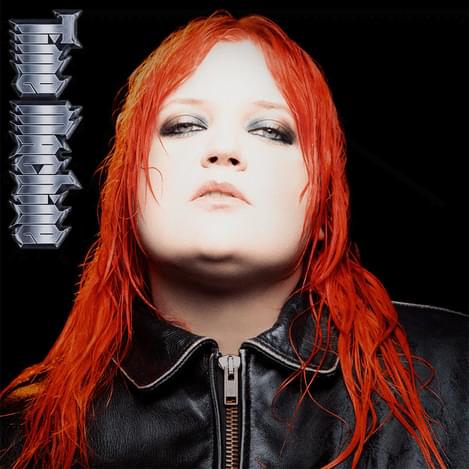Time Machine's euphoric disco leads the way through Alma’s hardships
"Time Machine"

Finnish pop star Alma has made quite the name for herself outside of Finland.
She has a bunch of high-profile collaborations under her belt, with fellow pop artists such as Charli XCX, Tove Lo and Kim Petras. She’s also the pen behind several massive pop hits, most notably a couple of Miley Cyrus songs such as the excellent “Slide Away”.
Her debut album Have U Seen Her? was released in 2020 and established a tough and dark soundscape. It was angsty and electronic, the music clearly served as an escape from reality. A true gut punch of a debut. Three years later the layers of thick skin have been peeled off to reveal something far more bright and intimate.
The club bangers have been switched out for confessional bedroom thoughts, about accepting herself and her queer identity. This time the songs are written for her parents, friends and partner, which gives us a private glimpse into the artist’s life. While the tonal shift offers a welcome progression from the themes on the last album, and the melodies are more developed, the music doesn't seem to know if to follow suit or offer up a contrast. While the album touches on a lot of heavy topics, the music remains lighthearted which for the most part seems to wash away some of the seriousness.
Starting with the mellow intro Dreaming, the album then builds momentum on the next handful of songs. This comfortable tempo is where Alma shows her best self. The song melodies aren’t rushed, giving the opportunity for her raspy voice to take centre stage. The hooky characters of “Everything Beautiful”, “Summer Really Hurt Us” and “Hey Mom Hey Dad” are enjoyably infectious.
Among the influences for this album Alma has named Elton John and ABBA, the latter has very noticeably rubbed off on the songs “Natalia” and “Tell Mama”, which also samples the band's hit “SOS”. Rather than the alternative genre, this album is clearly steered towards glam disco influences and a more commercial brand of pop. A breath of fresh air for Alma, but unfortunately it more often than not ends up in stale copying. The bouncy synths and frenetic staccato pianos add heaviness rather than the desired depth, and the vocals that are crammed into oddly selected keys can’t seem to catch up. This continues on through the rest of the album. With the exception of the powerful fight song “One In A Million”.
It's worth mentioning the contributions of songwriter and producer Elvira Anderfjärd. Contrary to the last album the production team have been made significantly smaller, another reason for the more personal spirit of ”Time Machine”. Anderfjärd’s freshly neat and rhythmically driven productions of carefully crafted sounds elevate the songs she has been involved in. A well oiled partnership that you’re eager to hear more of.
”Time Machine” as a whole takes very few risks. In comparison to her earlier work, it’s too easily digested and frictionless. The album is a great palate cleanse, but hopefully next time we will get that raw energy back.
Get the Best Fit take on the week in music direct to your inbox every Friday

Great Grandpa
Patience, Moonbeam

Deafheaven
Lonely People With Power

Perfume Genius
Glory





